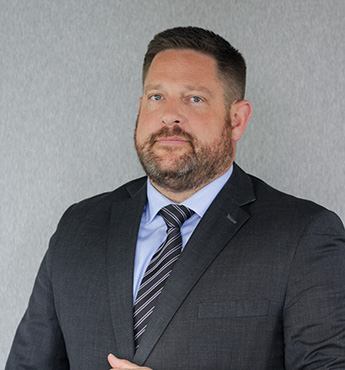



Need Utah Expungement Information?
Use Ctrl+F to quickly search this page for information about Utah expungements, including DNA records, protective orders, juvenile records, and more.
Acquittal Impact on Utah Expungements
If a jury or judge acquits you, your records are automatically expunged. However, this process may take time. It’s often wise to hire an experienced expungement attorney to ensure the process happens quickly.
Agency Definition
An agency refers to any state, county, or local government entity that generates or maintains records related to investigations, arrests, detentions, or convictions. These agencies don’t have to expunge records unless they receive a certified expungement order.
Expungement of Traffic Offenses
Under Utah Code 77-40a-202, traffic offenses may be expunged. For a traffic conviction, you must wait a minimum of 3 years after the case closes successfully. However, for Class C and Class B misdemeanors, automatic expungement occurs after 5 or 6 years, respectively.
Bureau of Criminal Identification (BCI)
The BCI processes both juvenile and adult expungements in Utah. It handles name changes, removals from the sex offense registry, and other criminal record matters. Visit the BCI website for more details.
Certificate of Eligibility
This BCI-issued document certifies that your criminal record is eligible for expungement. You must attach this certificate to your court petition, unless you are seeking to expunge a “pure traffic offense” or a simple marijuana case.

Utah Clean Slate Act
The Clean Slate Act automatically expunges certain low-level misdemeanors. However, violent crimes, felonies, and Class A misdemeanors are not included.
Simple Drug Possession Expungement
Simple drug possession and paraphernalia charges are treated differently under Utah law. To be eligible for expungement, you must not have more than 5 convictions on your record. Cases involving higher-level drug charges or DUI are not eligible for automatic expungement.
Waiting Periods for Adult Criminal Expungements
Here are the general waiting periods for different offenses:
For DUI convictions, you must wait 10 years after the case successfully closes.
Contested Expungements
Expungements are rarely contested in Utah. Attorney Jake Gunter has processed expungements for over 20 years, with only a few fully contested cases. Victim-related cases, such as domestic violence, are more likely to face objections.
Expunging DNA Records
You can petition to expunge DNA records from certain misdemeanors and felonies. See Utah Code 53-10-406(6) for more details.
Traffic Offense Expungements
You can expunge traffic offenses if they are not coupled with more serious charges. The Utah Expungement Act defines “pure traffic offenses” as infractions, Class B or C misdemeanors under Utah Code 41-6a-101.
Responding to Employment Applications
If you have an expunged record, you can legally respond to employment inquiries as though the arrest or conviction never occurred. Utah Code 77-40a-401(2) protects your right to do this.
Criminal Restitution and Expungement
You cannot expunge a conviction if you have unpaid criminal restitution. Your case must be successfully closed with all fines and restitution paid.
Crimes That Can Never Be Expunged
Certain crimes are not eligible for expungement, including:
Too Many Convictions
If you exceed the conviction limit (5 convictions for drug possession or other offenses), you cannot expunge your records.

If you believe you’re eligible, contact Jake Gunter, an experienced Utah expungement attorney, at (801) 373-6345 for a free consultation. He can often tell you within 5 minutes whether you have a case.
Notifications